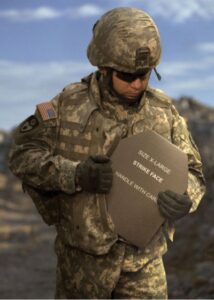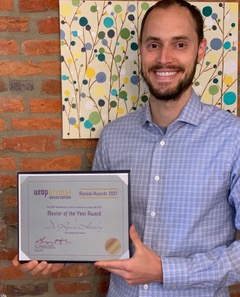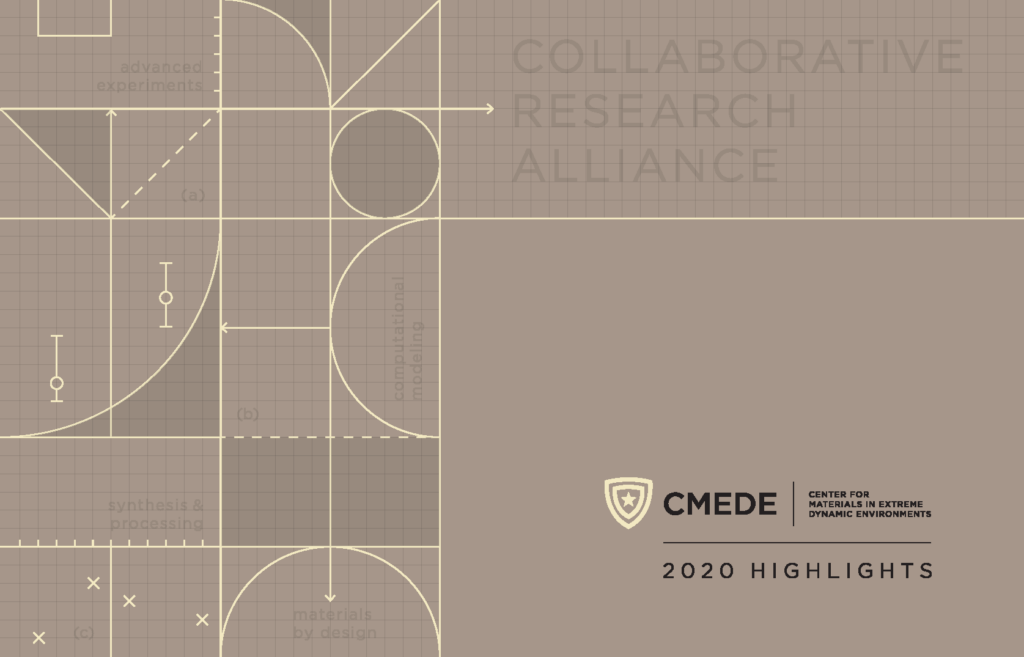The Materials in Extreme Dynamic Environments Collaborative Research Alliance (MEDE CRA), a basic research program led by Johns Hopkins University, recently culminated its 10-year program. By developing a materials-by-design strategy, the research completed within MEDE CRA has resulted in innovative protection materials and computational design codes for armor applications. The program has also had significant impact in the materials science community through professional development and publications.
The program, sponsored by the U.S. Army, includes a consortium of 25 university and research partners located in 13 states and three foreign countries. Its success can be attributed to a focus on the three key elements of a basic research program: relevance, team, and science.
According to Dr. Sikhanda Satapathy, the Cooperative Agreement Manager at U.S. Army Capabilities Development Command Army Research Laboratory (DEVCOM ARL), the goal of the program was to look at the materials or different material classes at different scales, starting from the atomistic scale to the application scale. To achieve this, the MEDE program developed a rigorous mechanism-driven materials-by-design strategy that resulted in new magnesium alloys, boron carbide, and glass-epoxy composites.
In each material, MEDE was able to achieve a weight reduction and improved performance. These discoveries were translated into computational design codes which assisted in validating the experimental data. Industry partners were able to scale-up the laboratory produced materials for ballistic evaluation at DEVCOM ARL.
A hallmark of the MEDE CRA is its impact on workforce development. Including the university faculty, students, postdoctoral fellows, and DEVCOM ARL researchers, over 600 individuals have been involved in the MEDE research. These individuals include high school and undergraduate student apprentices sponsored through DEVCOM’s Army Educational Outreach Program, and the Army Research Office’s partnered research initiative for HBCUs and minority serving institutions. The MEDE CRA ensured these valuable opportunities were incorporated into the core research program.
The impact of MEDE to the broader science community will be felt for years. To date, MEDE university personnel and DEVCOM ARL researchers have authored 478 peer-reviewed journal articles. These articles have been cited over 8,000 times. To ensure the legacy of the MEDE CRA, special edition journals featuring MEDE research have been published.
Lori Graham-Brady, director of CMEDE and professor at Johns Hopkins, expressed his appreciation to the U.S. Army for sponsoring the MEDE CRA. Johns Hopkins’ partnership with the Department of Defense was seeded in 1940 with the creation of the National Defense Research Committee. MEDE’s innovations will continue to shape the future of the government-university research through the doctoral students and postdocs now working in DOD and national laboratories, academia and global industry.
View more information about the successes of MEDE CRA in this video.






